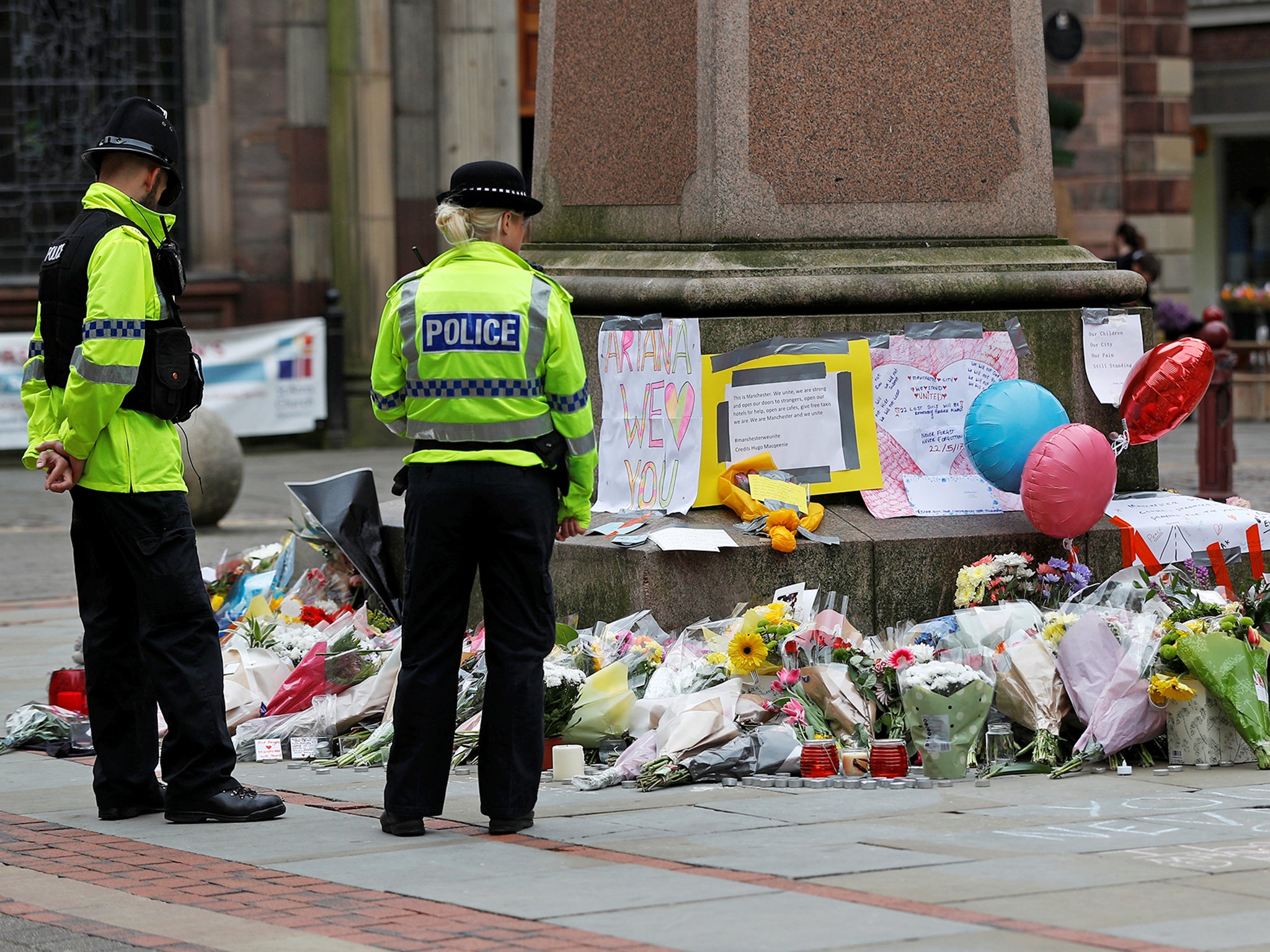New government terror laws that could jail people for 'reckless' statements could violate human rights, say MPs
Counter Terrorism and Border Security Bill 'strikes the wrong balance between security and liberty', committee finds

Proposed laws that would see people jailed for viewing terrorist material three times or making “reckless” statements about extremist groups may violate human rights, MPs and peers have warned.
The government’s new Counter Terrorism and Border Security Bill “strikes the wrong balance between security and liberty”, the Joint Committee on Human Rights said.
Dismissing the findings as "misplaced and wrong", the government has nonetheless thrown its full backing behind the bill, which has progressed quickly through parliament.
After taking expert evidence, the Joint Committee on Human Rights concluded that the proposals threaten “disproportionate interference with the right to privacy, the right to freedom of thought and belief, and the right to freedom of expression”.
Chair Harriet Harman said: “The government have got an important job to keep us safe from terrorism, but it must also safeguard human rights. The committee believes that this bill goes too far and will be tabling amendments in both the Commons and the Lords.”
Members said criminalising the viewing of terrorist material three or more times would be a “breach of the right to receive information”, weeks after a UN Special Rapporteur accused the British government of straying towards “thought crime”.
Max Hill QC, the Independent Reviewer of Terrorism Legislation, told the committee he found lengthy prison sentences “difficult to countenance when nothing is to be done with the material, it is not passed to a third party, and it is not being collected for a terrorist purpose”.
Journalists, academics and people with a “reasonable excuse” to view the material would be protected from prosecution but Mr Hill questioned the fate of members of the public looking in “curiosity, horror or disgust”.
Mr Hill said that although police and prosecutors were only likely to use the law to prove a “pattern of behaviour” in cases where no other offence could be proven, there was no timeframe or adequate safeguards.

Meanwhile, the government itself has found no clear line from extremist ideas and terrorism.
The committee noted that existing laws against collecting or possessing information useful to terrorists are already being frequently and successfully prosecuted, while the new offence “simply involves looking at a website”.
“It may be a different website on each occasion and the viewings may occur over an extended period of time as there is no time limit included in the clause,” its report continued. “We consider criminalisation of passive activity a dangerous direction of travel.”
Clause one of the bill would make statements that are “reckless as to whether” they encourage people to support terrorist groups illegal.
The committee said the power could stifle debate and violate freedom of expression.
“It is not clear what types of speech would constitute an ‘expression of support’,” it concluded. “This could have a chilling effect, for instance, on academic debate during which participants speak in favour of the de-proscription of proscribed organisations. There is a clear risk that this clause would catch speech that is neither necessary nor proportionate to criminalise.”
Clause two of the bill would criminalise publishing images of any item “in such a way or in such circumstances as to arouse reasonable suspicion that the person is a member or supporter of a proscribed organisation”.
The law would capture people who publish photos and videos online of banned symbols, like the flags of Isis or neo-Nazi terrorist group National Action, in their bedrooms for example, but the committee heard concerns that it could also criminalise historical images used in research.
MPs and peers concluded that the proposal “risks violating the right to freedom of expression” and called for the clause to be scrapped entirely.
The bill also came under fire for extending the retention of biometric data like fingerprints and DNA for terror suspects – even if they are not charged – and allowing people to be stopped at British air and sea ports if they “threaten the economic well-being of the UK”.
The committee demanded that the government’s Prevent counter-extremism strategy be independently reviewed and warned that a planned increase in the maximum jail sentence for certain terror offences must be justified.
It called on the government to clarify and limit the proposed laws to safeguard human rights and proportionality.

Corey Stoughton, the advocacy director for Liberty, said the report should act as a “wake-up call for the home secretary to drop his ill-conceived, unlawful plans”.
“The fight against terrorism should focus on crimes of terror – not on people who stream videos or take pictures of flags and costumes,” she added. “By undermining our rights to research, speak and even think freely, the powers in this bill amount to an own goal, playing straight into the hands of those who want to erode freedom and change our way of life.”
Ben Wallace, the security minister, said the government did not agree with the committee’s conclusions and called them “misplaced and wrong”.
He said: "After the spate of terrorist attacks of last year and the deadly nerve agent attack this year our intelligence services and police made the case for an update of existing legislation and some new powers to tackle the real and significant threat this country faces from terrorism and hostile states. We carefully considered the request and agreed to act so as to keep the public safe. The committee couldn’t be more out of touch with the very real threat to life we all now face.”
Bookmark popover
Removed from bookmarks